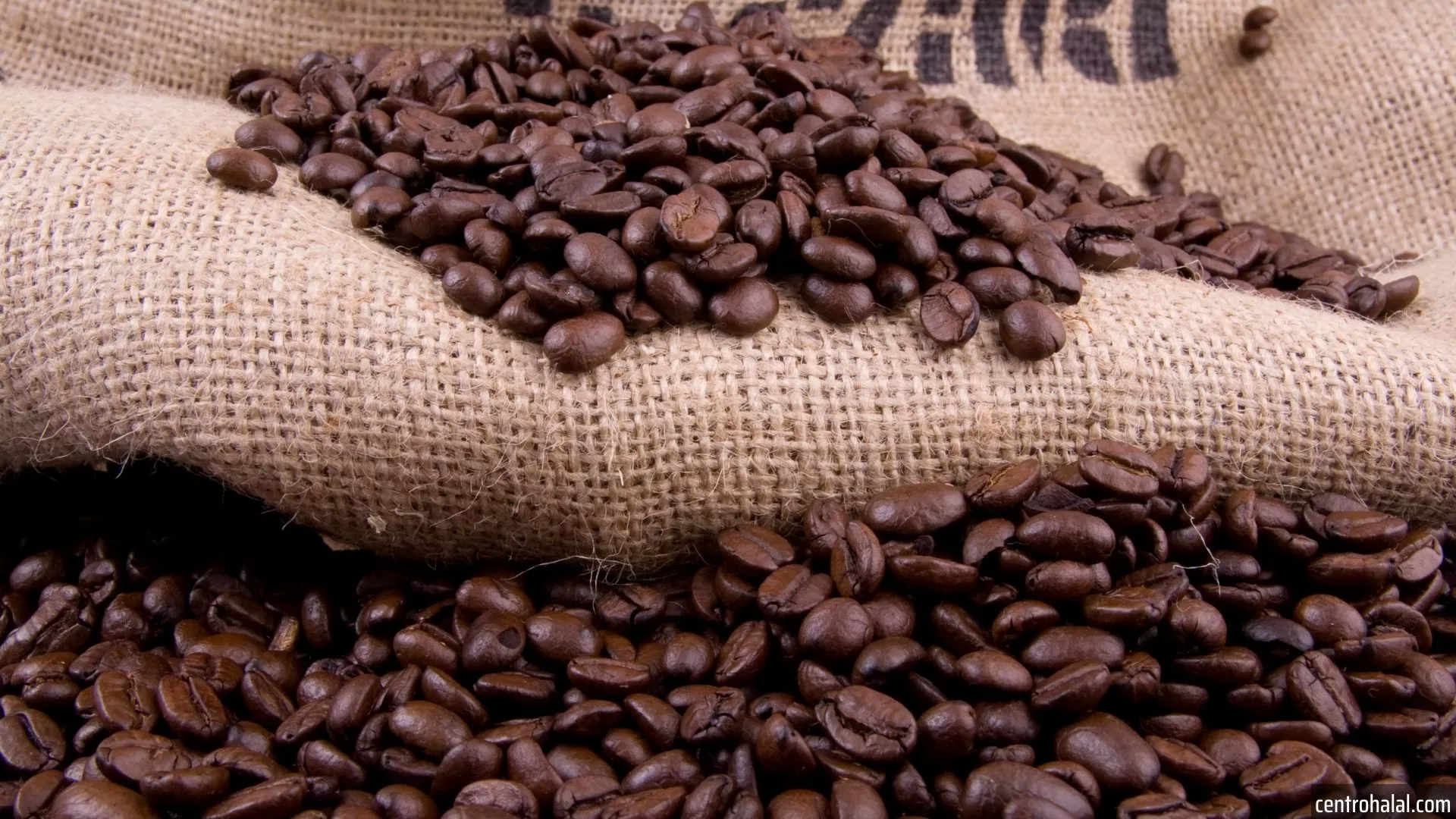Publication Date: April 24, 2025
Author: Marc Daher
Source: https://centrohalal.com.br/crise-logistica-cafe-brasileiro-exportacao-prejuizo-halal/
The Brazilian coffee industry faces a significant paradox: despite being the world's largest coffee producer, the country has seen a significant increase in domestic prices, while simultaneously facing logistical bottlenecks that prevent it from fully utilizing its export potential. In March 2025, Brazilian exporters failed to ship 637,767 bags of coffee—equivalent to 1,797 containers—due to operational difficulties at the country's main ports. This situation not only generated direct losses of R$8.9 million for exporting companies but also contributed to increasing pressure on domestic prices, affecting consumers who face record prices for a product intrinsically linked to national identity.
The Logistics Crisis in Brazilian Ports
Brazilian port infrastructure has proven inadequate to keep up with the growth of national agribusiness, resulting in a systematic strangulation of export operations. According to data from the Zero Detention Bulletin (DTZ), prepared by the startup ElloX Digital in partnership with the Brazilian Coffee Exporters Council (Cecafé), in March 2025, 55% of vessels operating in major Brazilian ports experienced delays or port calls, representing 179 of a total of 325 vessels.
The Port of Santos, responsible for 78.5% of coffee shipments in the first quarter of 2025, experienced an even more critical situation, with 63% of vessels experiencing delays or port calls—113 of the 179 container vessels affected. The longest wait time at the Santos port reached an alarming 42 days, a period that compromises the entire Brazilian coffee logistics chain.
In the port complex of Rio de Janeiro, the country's second-largest coffee exporter with a 17.2% share in the first quarter, the situation was not significantly better. The delay rate reached 59% last month, with the longest delay recorded being 15 days between the first and last deadlines. This percentage represents 43 of the 73 vessels destined for coffee shipments that had their port calls changed.
Cecafé's technical director, Eduardo Heron, highlights the severity of the problem: "According to data from market reports we monitor, in addition to the delays, we discovered 19 missed port calls and another 13 cancellations on long-haul vessels in March, due to port infrastructure limitations, which increase vessel waiting times. This causes us great concern because it increases overcrowding in the yards, which has an impact on the entire production chain."
Economic Impacts on the Coffee Sector
The failure to complete coffee shipments has generated a cascade of economic consequences. Since Cecafé began monitoring logistical impacts in June 2024, exporters have already accumulated a staggering R$66.576 million in total losses. This figure includes additional expenses for storage, detention, pre-stacking, and gate advances.
In addition to extraordinary operating expenses, the country also lost US$262.8 million in foreign exchange revenue in March alone, equivalent to R$1.510 billion, due to the failure to complete scheduled shipments. This estimate considers the average FOB price per bag of green coffee (US$336.33) and the average dollar exchange rate of R$5.7462 during the period.
It is important to note that, despite the reduction in export volume, foreign exchange revenue showed significant growth. In March 2025, Brazil exported 3.287 million 60-kg bags, a 24.9% decrease compared to the same month the previous year. However, foreign exchange revenue grew 41.8%, reaching US$1.321 billion. This phenomenon reflects high prices in the international market, driven by the decrease in global supply due to adverse weather conditions that affected major producers such as Brazil, Vietnam, and Indonesia.
Márcio Ferreira, president of Cecafé, explains that "futures exchanges have been recording high prices for months due to the decrease in global supply, caused by extreme weather conditions, which have affected productivity in the coffee plantations of major producers in recent years." However, he warns that the scenario may change due to new trade policies and economic conflicts between major global economies, especially after the "tariff hike" introduced by US President Donald Trump.
Logistics Crisis Impacts Brazilian Coffee Exports: The Paradox of Abundance and Scarcity
By Carol Prates | September 12, 2025



 Talk to us on WhatsApp
Talk to us on WhatsApp